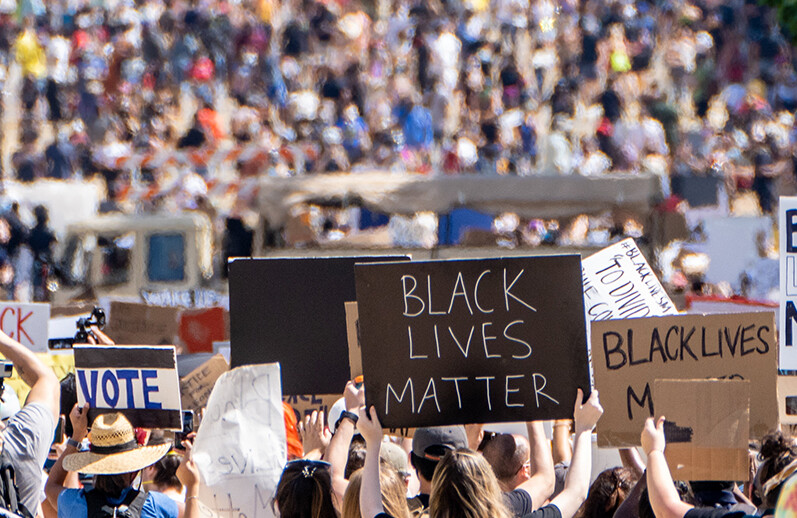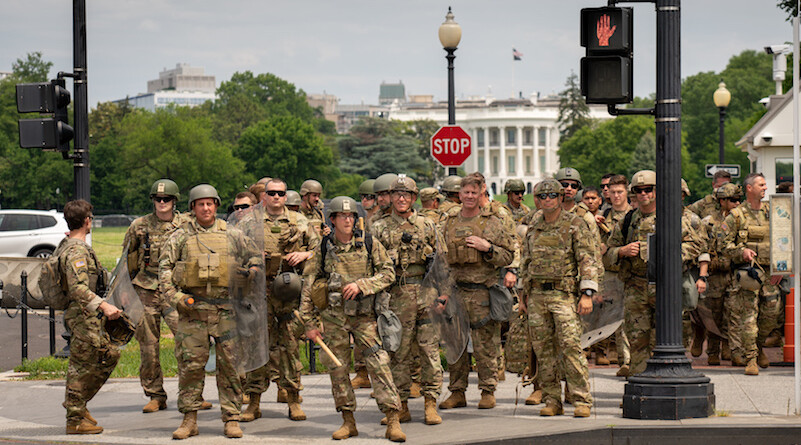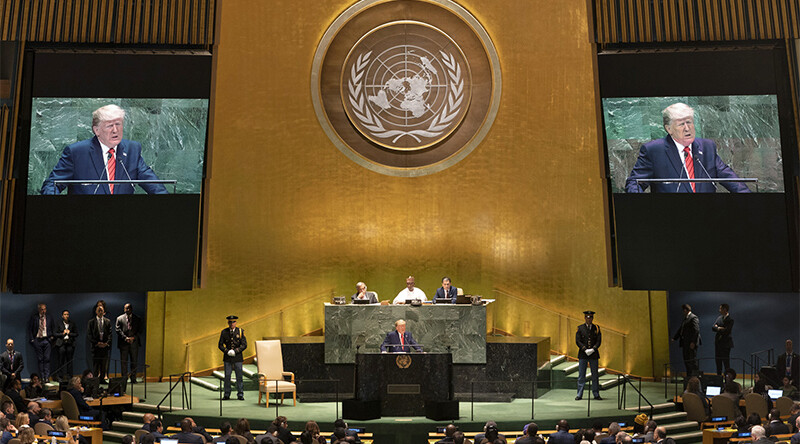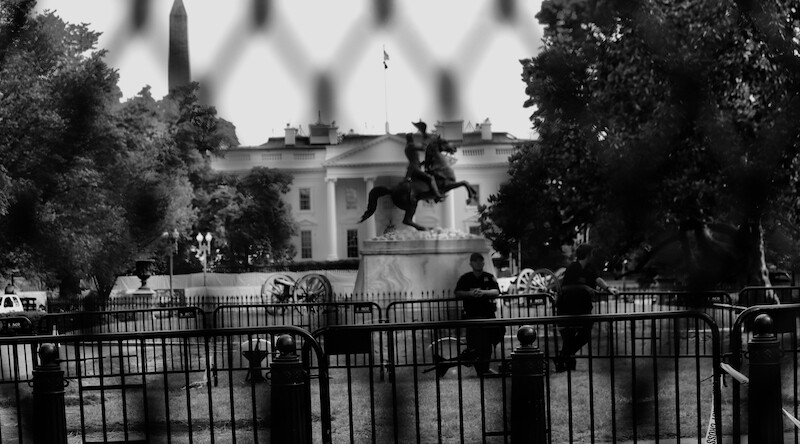This article originally appeared on the Ethics & International Affairs blog.
If the COVID-19 pandemic has called into question America's role as leader of the world community of nations, will the killings of Breonna Taylor and George Floyd by law enforcement personnel—and the subsequent protests and demonstrations that have resulted, both in the United States and around the world—have an impact on U.S. foreign policy?
In my past role as editor of The National Interest and my current editorial role at Orbis, I am used to receiving innumerable submissions about how the U.S. can and ought to "fix" problems around the world—what we can do to create regional security structures, promote good governance and human rights, reform policing structures and electoral inequities, promote development and democracy, and so on. Most of the debate revolves around the extent to which the United States should be active in the world, and some of the narratives that the U.S. Global Engagement project has been exploring express concerns about the degree of involvement, not whether the U.S. should be involved at all. Retrenchment narratives worry about overstretch, and regeneration ones are concerned with resources and loss of focus.
But in the aftermath of the deaths of Taylor and Floyd, amidst the overwhelming focus on domestic policing and societal inequities, there are the beginnings of a possible new perspective on foreign affairs: one that links excess use of the military instrument of power abroad with increasing militarization of domestic life, and one which not only questions whether America should export solutions of perhaps dubious efficacy in favor of looking overseas for better models of domestic governance. Finally, this narrative parallels calls made in the midst of the COVID-19 pandemic to redefine national security in favor of human security and to shift resources away from the tools of power projection (especially the military) toward agencies for development and social assistance. A nation that adopts some of the proposals advanced by the protest movement in terms of domestic governance would see their applicability to foreign affairs as well.
Will this emerging narrative gain traction? For the Biden campaign, which was, at the beginning of the year, planning to focus primarily on a restorationist narrative in foreign affairs, and has seemed disinclined to connect domestic questions to foreign policy issues, it is not yet apparent whether any of these sentiments will be reflected in the campaign's policy positions. Nor does it seem likely that these concerns will be melded into a revised "America First" pitch. And neither campaign will be eager to connect ethical failings at home with a questioning of America's right to offer moral commentary on the actions of other nations.





